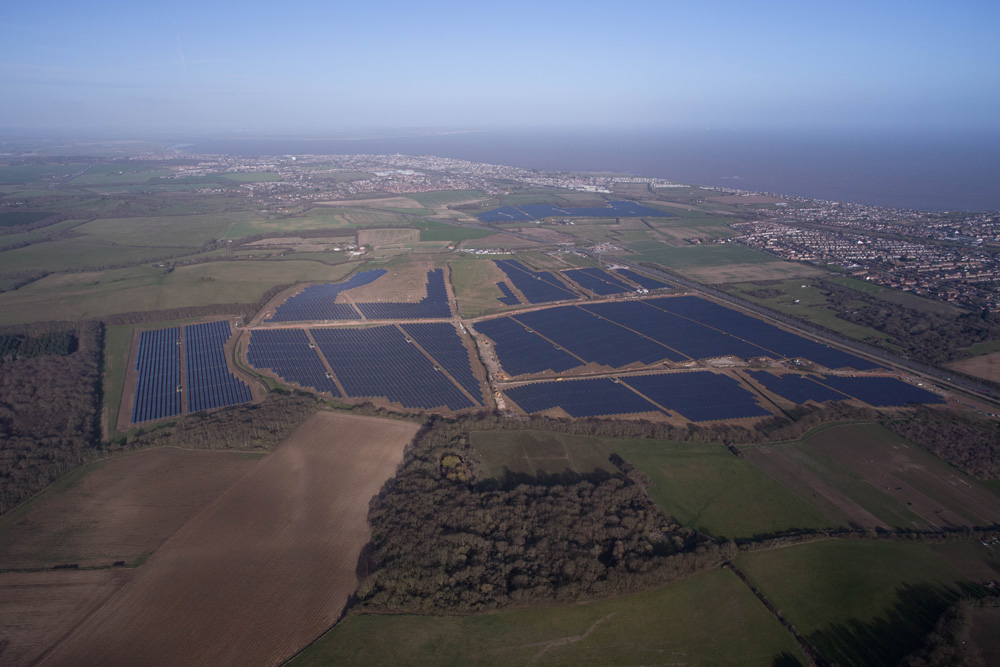
British Solar Renewables (BSR) is aiming to significantly ramp up its UK operations and maintenance business as it repositions itself to include a “significant service business”.
And the company has also moved to dismiss rumours within the industry suggesting it was to split with long-term financial partners Siem Industries.
BSR has remained one of the leading utility-scale solar developers in the UK market and earlier this year came third in Solar Media’s Top 20 EPC rankings behind only Vogt Solar and Solarcentury. The firm has also developed some of the largest solar farms in the UK, most notably projects at DTTC Lyneham and Shotwick.
But with ground-mount opportunities drying up, commercial director David Peill told Solar Power Portal that the firm was looking to significantly bolster its O&M business.
Peill explained that the company will shortly be managing more than 500MW of third-party solar assets in the UK for a total of six key clients.
“As a business we're therefore morphing ourselves from a pureplay developer to include a significant service business, which includes winning external contracts for our EPC and ICP teams, as well as continuing to grow the O&M assets under management,” he said.
BSR will now look to expand on its energy services team in like with the company’s workload, however Peill added that it hopes to “significantly” grow the company’s presence over the coming years.
“But we won't do this at the risk of impacting upon the high quality service we provide to our existing key clients. With an in-house ICP and EPC we believe this provides our O&M with a strong USP which will appeal particularly to asset owners who have solar parks requiring remedial work to improve performance,” he said.
Peill also insisted that BSR’s relationship with Siem Industries remained “consistently strong”, refuting rumours circulating within the industry suggesting the two had split.
Earlier this year SPP reported that the company had sold many of its operational assets to Cubico Sustainable Investments, and the company’s last set of accounts confirmed that these sell-offs – coupled with other asset sales to Siem Industries – had been concluded to pay down company debt.

